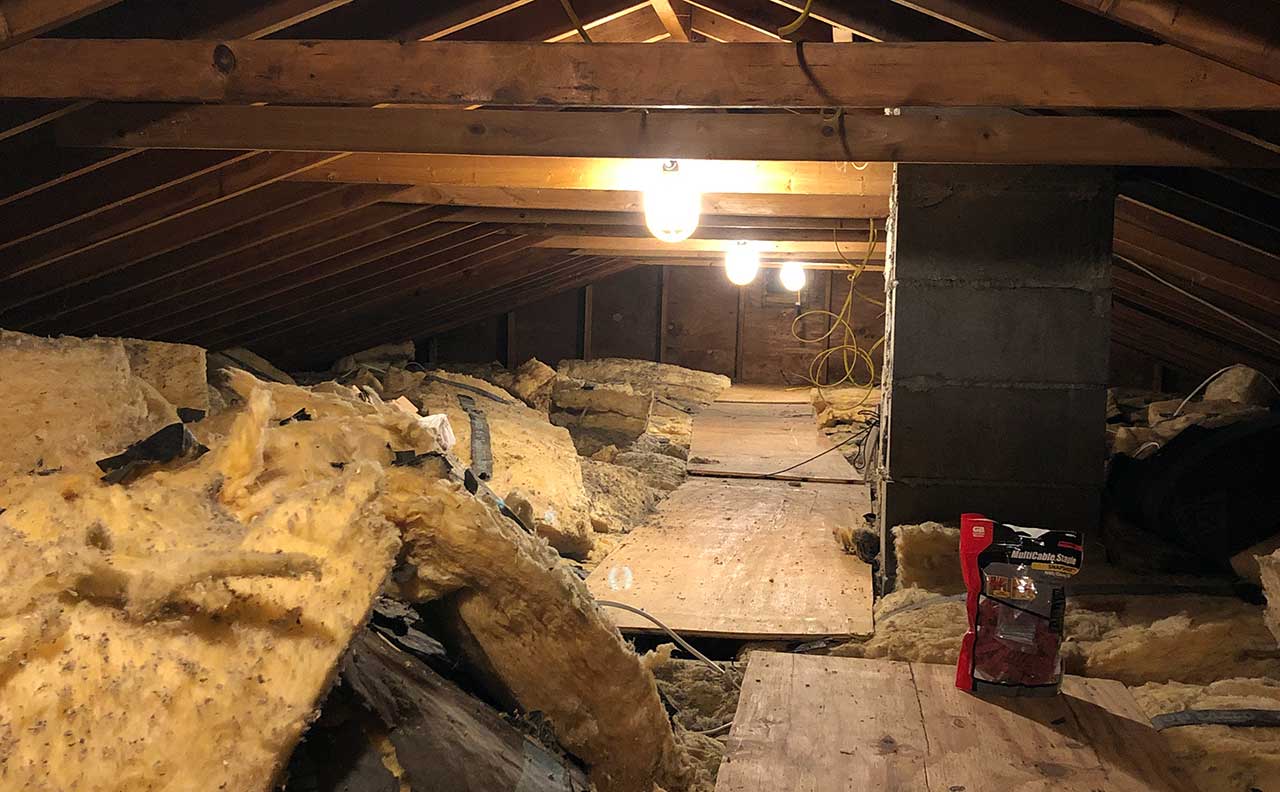Do I Need To Use Outdoor Romex In Attic

In an attic where it is accessible this is the method we use.
Do i need to use outdoor romex in attic. Avoid plain metal staples and never use standard staples or other fasteners that are not designed for electrical installations. Copper and aluminum mc cable can also be used in conduit. We only secured it when we ran with the trusses per code. Use insulated staples and fasteners.
Pulling wires through the clips is much easier than pulling wires through drilled holes and you save time because 4. Spacing is a major factor in deciding whether to use conduit. Use the proper size of fastener for the size and number of cables being secured. Use a splice box when installing.
How much do outdoor electrical wires cost. However even if the metal clad jacket doesn t fully protect the thhn thwn wires they already have the approvals alone to withstand outdoor environments. Position cables flat against framing before securing them. A favorite target of electrical inspectors is the improper use of non metallic cable nm in exposed locations such as basement foundation walls or along the face of studs and joists in unfinished framed spaces.
Most outdoor electrical wires range from 10 to 900 in price. The most common feature for outdoor electrical wires is no features. The volume of regulators inside the conduit is limited by code so it might not work to use conduit. The common use for mc cable is indoors because it can be used without conduit for a much easier installation.
The clips allow easy access if you need to run more wires and cost 40 for every 8 ft. What is the top selling outdoor electrical wires product. This is especially true when you need to curve the wires around a bend which further limits the space inside the conduit. Some people might think that is expensive but this product is a tremendous time saver.
Of wire they support. A house that has a flat roof and second floor. 12 2 gray solid cu uf b w g wire. The top selling outdoor electrical wires product is the southwire 250 ft.
The national electrical code which is the basis for all local building codes has specific regulations for installing electrical wires so that they are protected from damage.














































